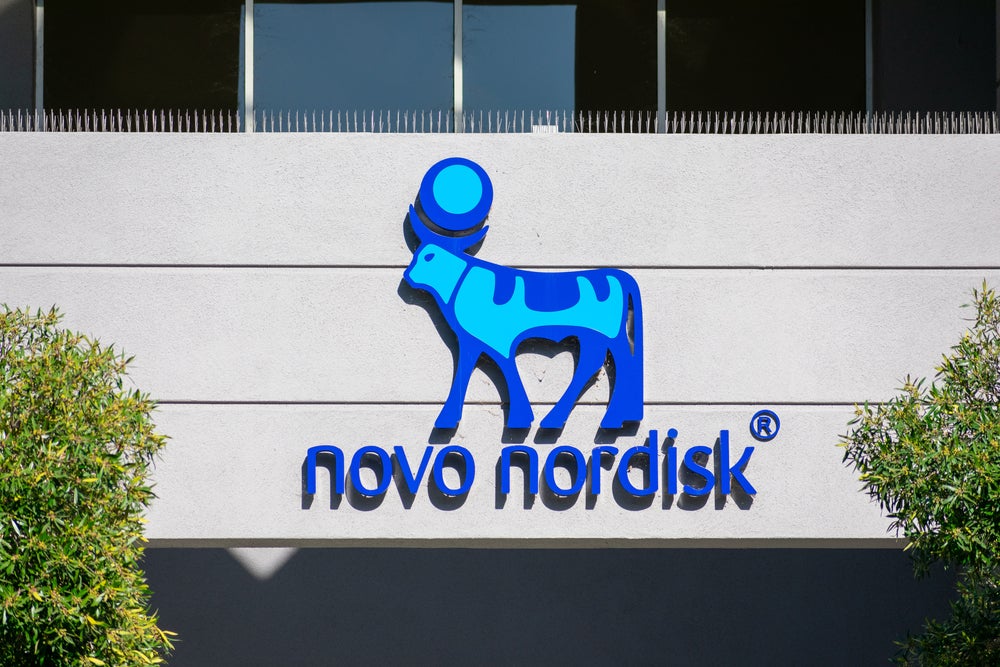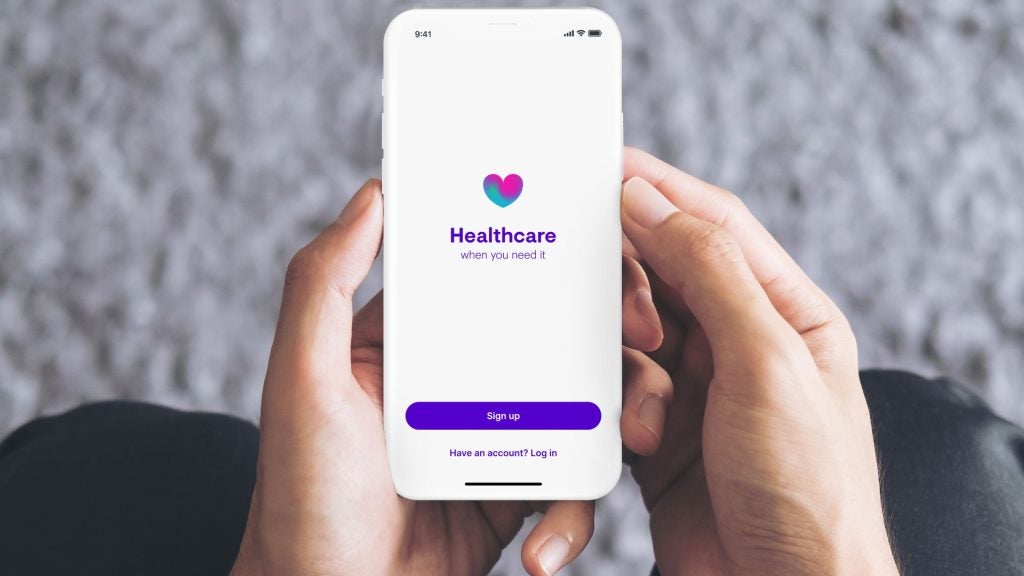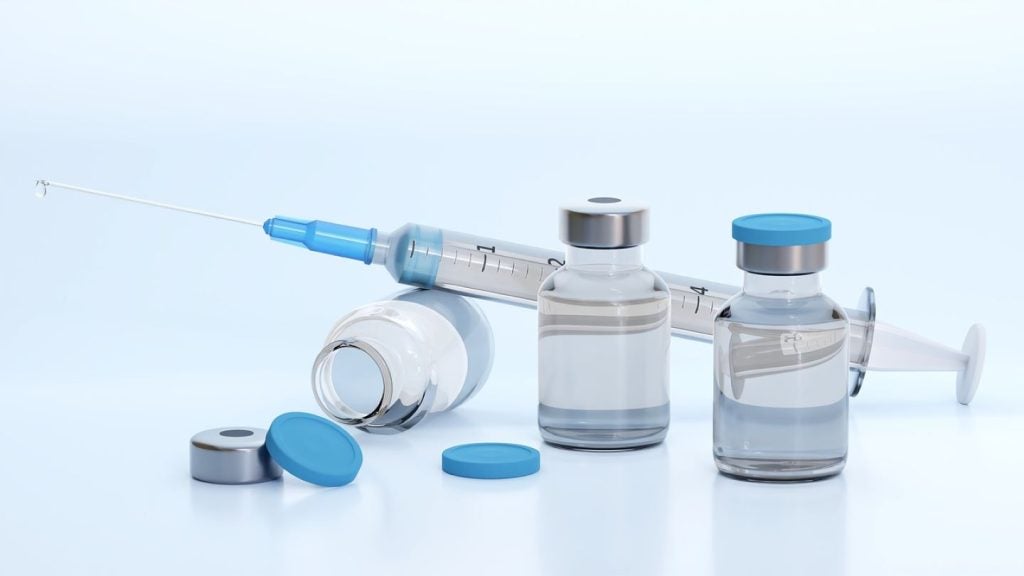The US Food and Drug Administration (FDA) has accepted Astellas Pharma’s supplemental New Drug Application (sNDA) for CRESEMBA (isavuconazonium sulfate) as a treatment for fungal infections, including invasive aspergillosis (IA) or invasive mucormycosis (IM) in paediatric patients.
CRESEMBA is a prodrug of the azole antifungal, isavuconazole.
The regulator has set 9 December 2023 as the Prescription Drug User Fee Act goal date for the review of Astellas’ sNDA.
The sNDA is based on results from a Phase II open-label, multicentre, non-comparative study that evaluated the tolerability, safety, efficacy and pharmacokinetics of CRESEMBA.
Astellas' study enrolled 31 participants aged from one to 17 years diagnosed with IA or IM.
Participants received a loading dose of CRESEMBA intravenously or at the investigator's discretion, and an oral dose every eight hours on days one and two.
They were then followed while receiving a once-daily maintenance dose.
Astellas US Medical Specialties business unit head and senior vice-president Lynn Fenicchia stated: “Since its approval over eight years ago, CRESEMBA has been helping adult patients and their physicians fight certain life-threatening fungal infections when they are often critically ill with other diseases.
“This sNDA acceptance by the FDA brings Astellas one step closer to helping paediatric patients by potentially having a new treatment option available for IA and IM for a younger patient population if approved.”
The most frequently reported adverse reactions among CRESEMBA-treated patients included nausea (26%), vomiting (25%), diarrhoea (22%), headache (17%) and elevated liver chemistry tests (16%).
The adverse reactions which most often led to permanent discontinuation of therapy during the clinical trials were confusional state (0.7%), acute renal failure (0.7%), increased blood bilirubin (0.5%), convulsion (0.5%), dyspnea (0.5%), epilepsy (0.5%), respiratory failure (0.5%), and vomiting (0.5%).















